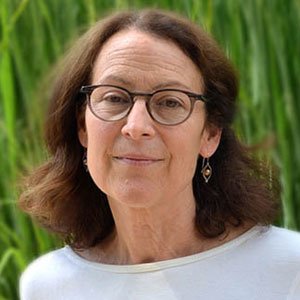
Welcome to New Board Member, Beth Meyer
 Beth Meyer’s service on the Piedmont Housing Alliance Board of Directors began in 2017. She brings to the Board decades of design research into the impacts of government-sponsored urban renewal on Charlottesville’s residents and their communities. Meyer views this history through the lens of a landscape architect as interested in the social as well as the ecological aspects of urban landscape form and experience.
Beth Meyer’s service on the Piedmont Housing Alliance Board of Directors began in 2017. She brings to the Board decades of design research into the impacts of government-sponsored urban renewal on Charlottesville’s residents and their communities. Meyer views this history through the lens of a landscape architect as interested in the social as well as the ecological aspects of urban landscape form and experience.
Meyer first lived in Charlottesville in the mid-1970s when she attended the University of Virginia’s School of Architecture. After graduate school at Cornell University and the University of Virginia, Meyer worked as a landscape architect planning and designing public spaces, parks and plazas for campuses and downtowns up and down the East Coast of the United States. She has a particular interest in how the design of everyday urban landscapes (such as streets, sidewalks, yards, gardens and parks) reveal and affirm community values, meanings and activities while simultaneously improving individual health and community well-being.
In the mid-1990s, Meyer returned to Charlottesville to teach at the University of Virginia. While she has lived up and down the East Coast of the United States and in Puerto Rico, Meyer considers Charlottesville home. In addition to her work at the University of Virginia, Meyer has served on local advisory committees concerned with urban design and planning, including the Charlottesville PLACE Design task force and the Albemarle County DISC Growth Management task force. In 2012, President Obama appointed her to a national design review and advisory board: the U.S. Commission of Fine Arts.
Two years ago, when Meyer was Dean of the UVA School of Architecture, she founded the Center for Cultural Landscapes as a collaborative hub for scholars and practitioners seeking to create new models for cultural landscape research, interpretation, preservation and adaptive use. The Center’s first major symposium, “Race and Public Space: Commemorative Practices in the American South,” took place in March, 2017. The speakers critically examined the history of civil war and civil rights monuments in public spaces as well as introduced contemporary approaches to redesigning public spaces to make them more inclusive.

